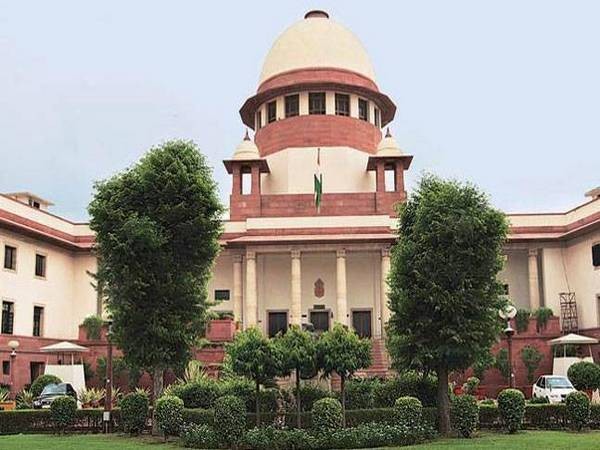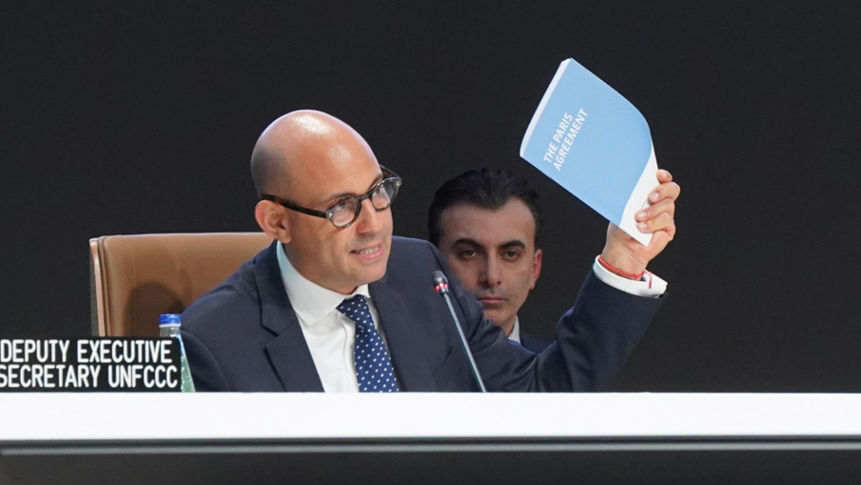
A petition has been filed in the Supreme Court challenging the validity of the colonial-era Shariat Act of 1937 in matters of marriage, divorce, and succession among Muslims.
Petitioner Sabina, wife of late builder and film financer Yusuf M. Lakadawala, filed the plea under Article 32 of the Constitution to enforce her fundamental rights for a just and equitable inheritance of her late husband’s estates. Yusuf Lakadawala passed away while in jail on September 9, 2021.
Sabina contends that her rights were denied under the Muslim Personal Law (Shariat) Application Act of 1937. The petition seeks a declaration that widows, daughters, and mothers of Muslims who die intestate are entitled to an equitable share of the estates, properties, and assets, similar to other communities such as Hindus, Christians, and Parsis.
She argues that the discriminatory aspect of the Shariat law, where sons receive a higher share than daughters and widows, is unconstitutional. In her case, the son’s share was 35 percent, while hers was only 12.5 percent. The plea asserts her entitlement to an equitable share as provided in the personal laws of other communities.
The petition also emphasises the need for a Uniform Civil Code, citing the passing of the Women’s Reservation Bill on September 18, 2023, as a milestone for gender equality. Sabina urges the Parliament to consider streamlining personal laws to bring about parity between men and women in various aspects of life.
Sabina, who also filed a partition suit, alleges that her in-laws invoked the Shariat law to claim she was entitled to only 12.5 percent of her late husband’s estates, while her stepson and two step-daughters would receive 35 percent each. She asserts that her marriage in 2007 was based on the understanding that she would own half of the estates, with the remaining 50 percent in the event of her husband’s death.
Questioning the validity of Section 2 of the Muslim Personal Law (Shariat) Application Act, 1937, Sabina’s plea argues that the colonial masters, in an effort to divide and rule, perpetuated unjust and discriminatory personal laws. It criticises the British policy of conferring statutory recognition to discriminatory laws under the guise of respecting religious sentiments.
The plea stresses that fundamental rights, specifically equal inheritance rights, are at the core of the issue. Despite acknowledging the authority of the Parliament to enact legislation ensuring equal rights for women in inheritance matters, the plea asserts that the court has the power and duty to declare the Shariat law unconstitutional in denying such rights.
Sabina’s petition underscores that the issue concerns fundamental rights, specifically the equal right of inheritance, and urges the court to declare the discriminatory aspects of the Shariat law unconstitutional.















